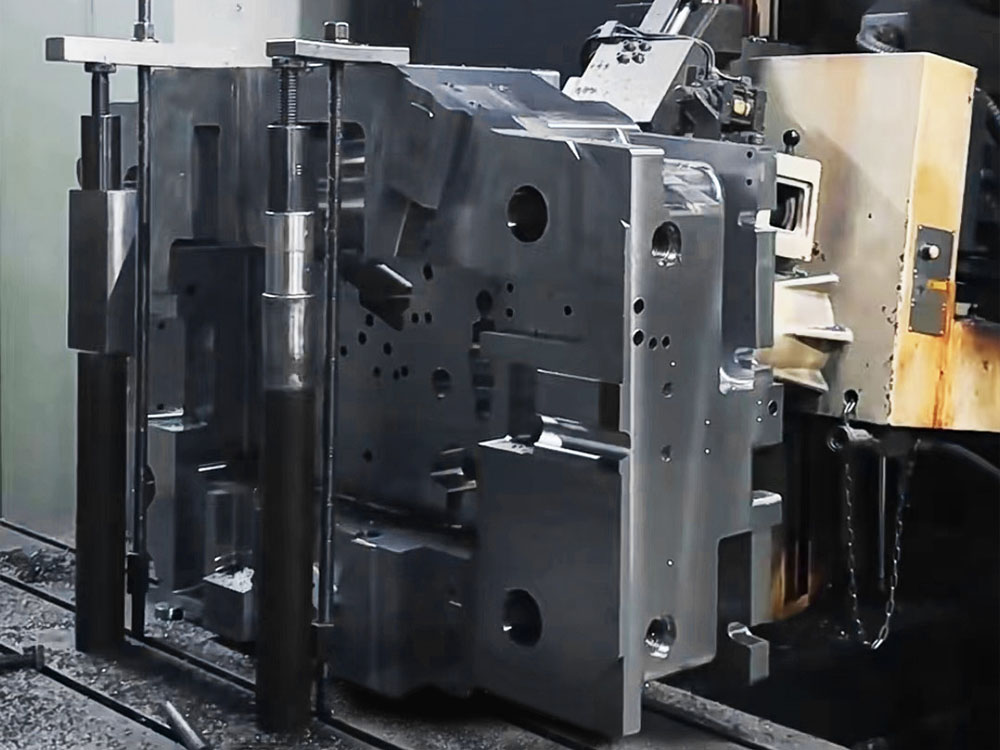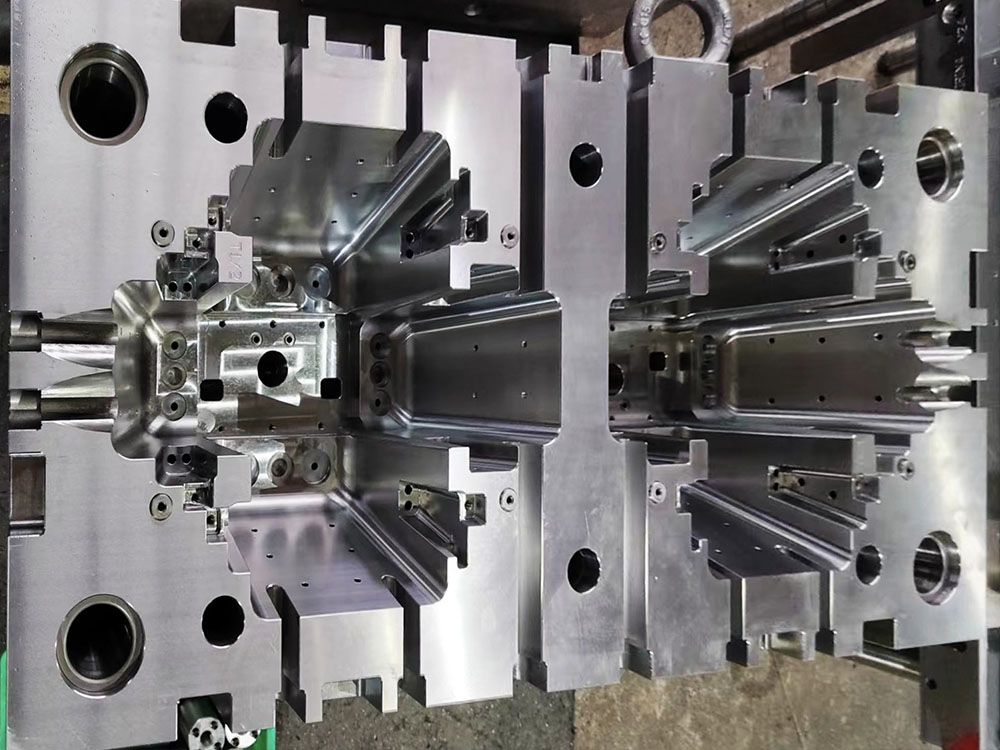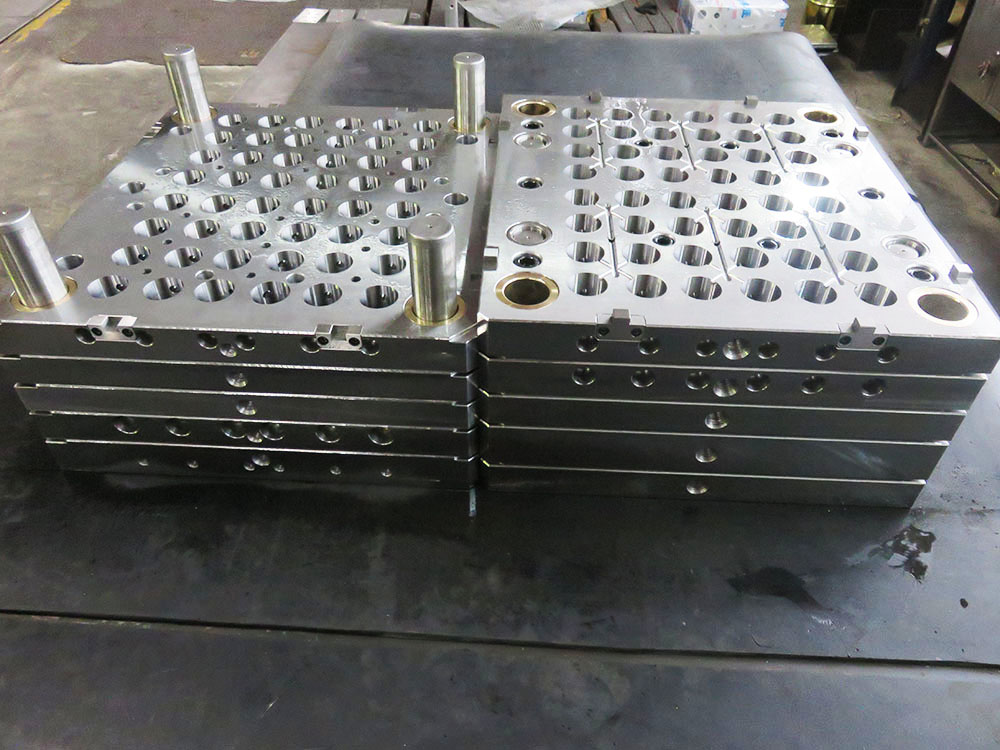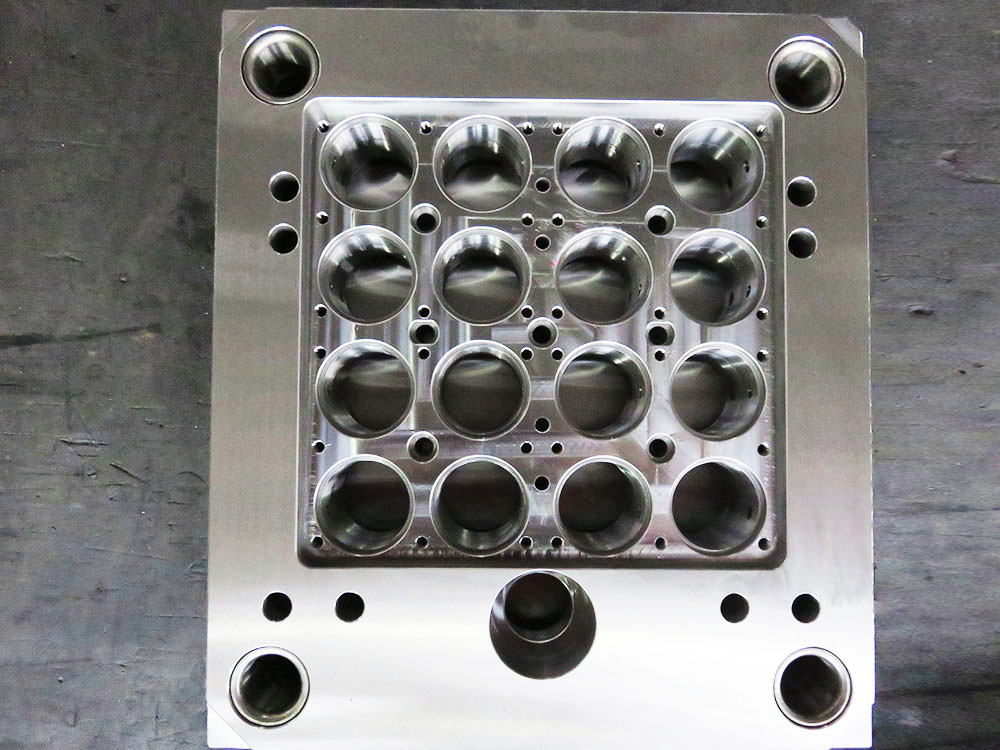How are wages calculated for employees in a Mold Base industry?
Wage calculation is a crucial aspect in any industry, including the Mold Base industry. The Mold Base industry is involved in the production and manufacturing of molds used in various applications, such as furniture manufacturing. In order to determine the wages for employees in a furniture factory that specializes in mold base production, several factors come into play.
1. Job Position and Skill Level
The first factor that affects wage calculation in the Mold Base industry is the job position and skill level of the employee. Different job positions require different levels of skills, knowledge, and expertise. For example, a mold designer or engineer will typically have a higher skill level compared to a machine operator. The higher the skill level required for a position, the higher the wages are likely to be.
2. Education and Experience
The education and experience of an employee also play a significant role in wage calculation. Employees with higher levels of education and more years of experience in the Mold Base industry are generally more valuable to the company. Their expertise and knowledge can contribute to improved efficiency and productivity, which justifies higher wages.
3. Market Rates and Industry Standards
Another aspect that influences wage calculation in the Mold Base industry is the market rates and industry standards. Companies often benchmark their wages against what competitors are offering, as well as the prevailing industry standards. This ensures that the employees' wages remain competitive and in line with the market, reducing the risk of losing valuable talent to other companies.
4. Productivity and Performance
Productivity and performance are essential factors considered in wage calculation. Employers often assess employees' productivity levels and evaluate their performance to determine the adequacy of their wages. Those who consistently deliver high-quality work and achieve or exceed targets may be eligible for performance-based bonuses or wage increases.
5. Collective Bargaining Agreements
In some cases, wage calculation in the Mold Base industry may be influenced by collective bargaining agreements between the labor union and employers. These agreements outline the terms and conditions of employment, including wage scales and any applicable wage adjustments. Such agreements ensure fair compensation for employees and promote harmonious labor relations.
6. Overtime and Additional Benefits
Overtime work is common in the Mold Base industry due to production demands and deadlines. Employees who work overtime may be entitled to additional compensation beyond their regular wages. Additionally, employers may provide other benefits such as health insurance, retirement plans, and paid time off, all of which contribute to the overall compensation package.
Conclusion
In conclusion, wage calculation in the Mold Base industry is determined by various factors. Job position and skill level, education and experience, market rates, productivity and performance, collective bargaining agreements, and additional benefits all play a role in determining the wages for employees in a furniture factory specializing in mold base production. Companies strive to provide fair compensation to attract and retain skilled employees, ensuring the success and growth of the industry as a whole.




